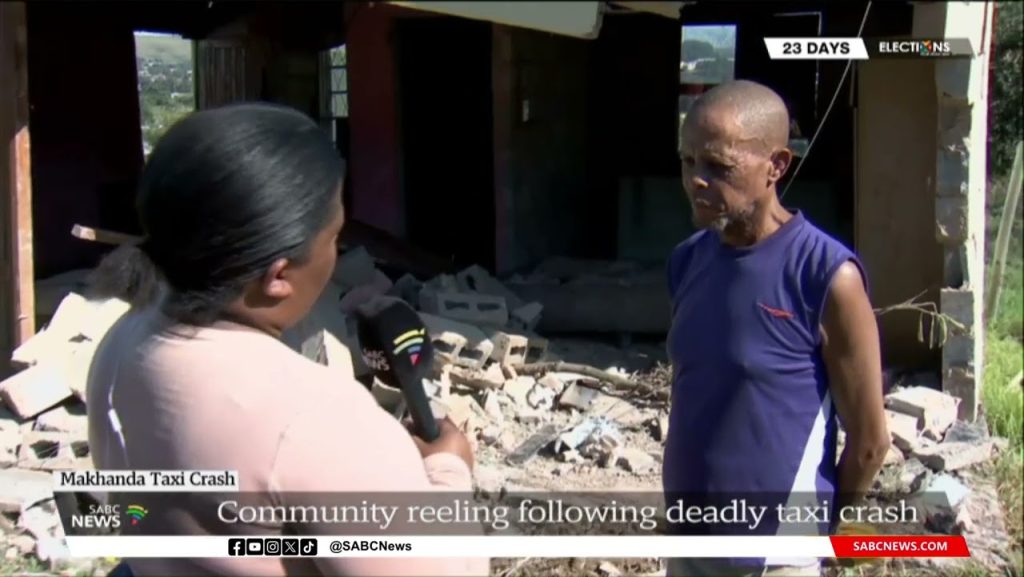The nationwide disruption of health services in public hospitals, now in its sixth week, has raised alarm as doctors blame the stalemate on their exclusion from national decision-making bodies.
Amnesty International has expressed deep concern about the situation that is beginning to unfold in hospitals, morgues and homes as patients are left on their own.
'We are halfway through the longest strike in history, the 2017 strike, which took 100 days to resolve,' said Amnesty's Executive Director Houghton Irungu.
No pay for striking medics - Health CS Youre fired!: Counties start sacking doctorsDespite the progress made in negotiations, he said, the country seemed to be going down the same road the medics had been on for 100 days.
But the Kenya Medical Association (KMA) blamed the prolonged industrial action and job dissatisfaction on poor management of human resources for health in the public sector.
'The role of the doctor in governance and leadership in the health sector continues to be eroded,' said the association's president, Dr Simon Kigondu, during the KMA's 51st annual scientific conference in Kisumu yesterday.
The doctors, who have downed tools to agitate the government to honour the 2017 Collective Bargaining Agreement (CBA), have locked horns over salaries, posting and remuneration of intern doctors, among other contentious issues.
Mr Irungu, however, warned that the country was beginning to tread a worrying path.
'The world is reaping a harvest of terrible consequences from escalating conflicts and the near collapse of international law,' he said at the launch of the State of Human Rights in the World report.
Among other issues that could cause industrial disharmony in the health sector, KMA noted that the failure to establish a Health Service Commission could destabilise the critical sector and the goals of achieving quality health care.
'A centralised mechanism to manage human resources for health will promote professional competence and ensure equity in decisions affecting health services,' said Dr Kigondu.
He further criticised that the proposed transition to the Social Health Authority in the light of unpaid NHIF debts needs to be considered in order to maintain service delivery at the community level.
The Amnesty International report, which covers over 155 countries worldwide, also focused on Kenya, where it questioned the way the National Police Service (NPS) manages public order and facilitates the right to assembly.
According to the civil society, the secretary general of the Kenya Medical Pharmacists and Dentists Union (KMPDU) was 'very deliberately tear-gassed while exercising his right to picket'.
'We continue to call on the NPS to change the way it respects and upholds the constitutional right to freedom of assembly,' said Irungu.
Over the past year, the report said, security forces continued to enjoy impunity for extrajudicial killings, unlawful killings and enforced disappearances.
'The right to peaceful assembly was violated, with at least 57 demonstrators killed by the authorities in an attempt to stifle dissent. The authorities failed to take measures to protect the right to life. Trials of police officers accused of unlawful killings were repeatedly delayed,' the report said.
As the standoff continues, Dr Richard Lesiyampe, Chief Executive Officer of the Jaramogi Oginga Odinga Teaching and Referral Hospital (JOOTRH), appealed for calm to resolve the impasse that continues to affect thousands of Kenyans.
'An urgent solution should be found to resolve the perennial problems that force medical workers to take to the streets from time to time.
'The two sides should come together. It should not be a matter of war because we continue to lose patients on a daily basis,' he said.







